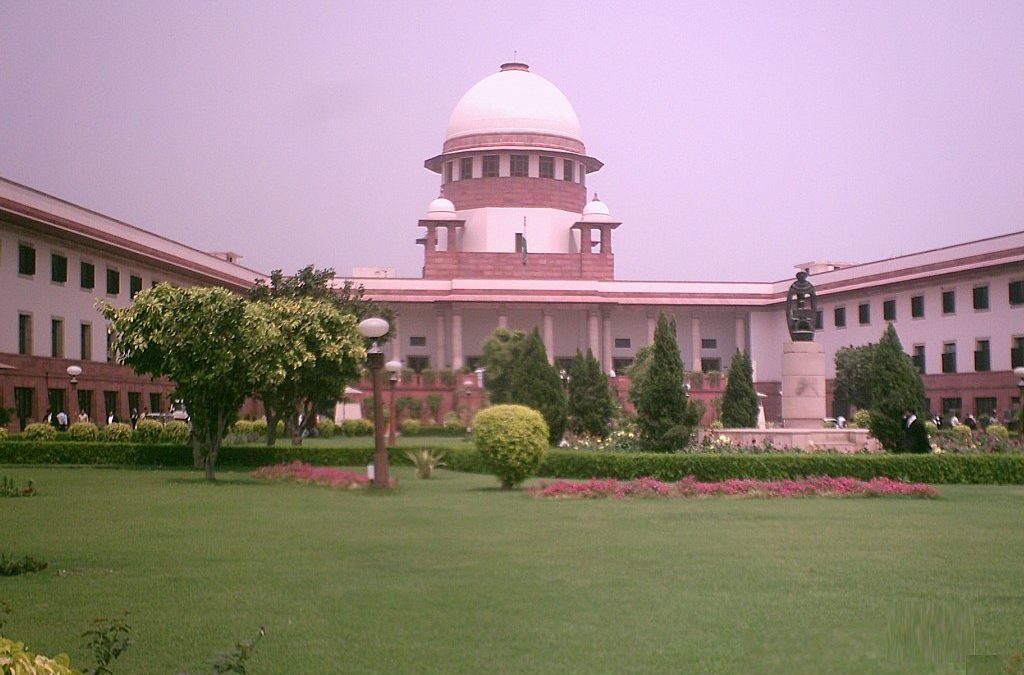Read in : தமிழ்
With the 69% reservation system in vogue in the state facing legal challenges, some political parties and activists for social justice have raised the demand for caste-wise census for protecting it. “Data from the socio-economic-caste based census conducted throughout the country in 2011 should be made public in its entirety,” insists P Maniyarasan, president of Tamil Nationalist Movement.
In the absence of such data, what is currently used as reference is figures from a census conducted in 1931. “When the Indian constitution doesn’t specifically say that reservation should not exceed 50%, on what basis can anyone claim that it should not be so? When the law for 69% reservation in TN has already been included in the 9th schedule of the constitution, the provision should not be allowed to be legally challenged on any count,” says Maniyarasan and adds that if we were to conduct caste-wise census and provide reservation accordingly, then the percentage of reservation will have to be as high as 90%.
“For a court to say that reservation should not exceed 40%, 50% or 60% would be arbitrary and the constitution does not permit us (judges) to be arbitrary,” said Justice Chinnappa Reddy, adding that right vests with people’s representatives. The laws do not have any provision at all for allowing the courts to decide about the reservation percentage, asserts K Veeramani, general secretary of Dravidar Kazhagam.
“The Indian Constitution doesn’t debar reservation above 50% anywhere.” – Justice. Hari Paranthaman
He says courts are questioning the basis of 69% reservation and whether any census or head count was done. “Reservation is like vaccination in which germs are injected to cure diseases. Caste-based reservations are essential till caste inequalities are removed completely,” he continues.
“It has been confirmed in the study of Amba Shankar Commission that 87% of the people in Tamil Nadu belong to reserved categories. This figure has however not been affirmed in the census and hence will not be accepted by the Supreme Court. In this background, the only means for retaining the 69% reservation in TN is undertaking the caste-wise census and confirming the population and percentage of reserved category people”, says the Pattali Makkal Katchi’s youth wing chief Anbumani Ramadoss in his representation, which he submitted to the Tamil Nadu chief minister.
“The TN law on 69% reservation in education and employment has got protection under the provisions of the 9th schedule of the 76th constitutional amendment and is under active implementation. A case has been filed against this in the Supreme Court and the proceedings have reached an important stage. This is a law that ensures and protects the social justice system and hence all efforts should be made early for appointing senior lawyers who are competent, experienced and who have firm belief in the spirit of social justice, so that they can fight and win the case in the SC”, says a resolution passed in the all-party meeting convened by K Veeramani.
“So far, only five people belonging to the scheduled castes and scheduled tribes have made it as judges in the Supreme Court. Not even one SC judge was there in eight years”, points out Justice Hari Parandhaman, retired judge of the Madras high court. He adds, “The recommendations of the Sudarsana Nachiappan committee and Munda committee that there should be reservations in Supreme Court and High Courts have not been implemented till now.”
“The Indian Constitution doesn’t debar reservation above 50% anywhere. As long as there are caste based inequalities here in our society, there should be reservation for the backward classes both socially and educationally,” Hari Parandhaman continues.
At present, when the last stage of hearing in the case is scheduled to take place in the Supreme Court, this is fast becoming a political issue.
Read in : தமிழ்











